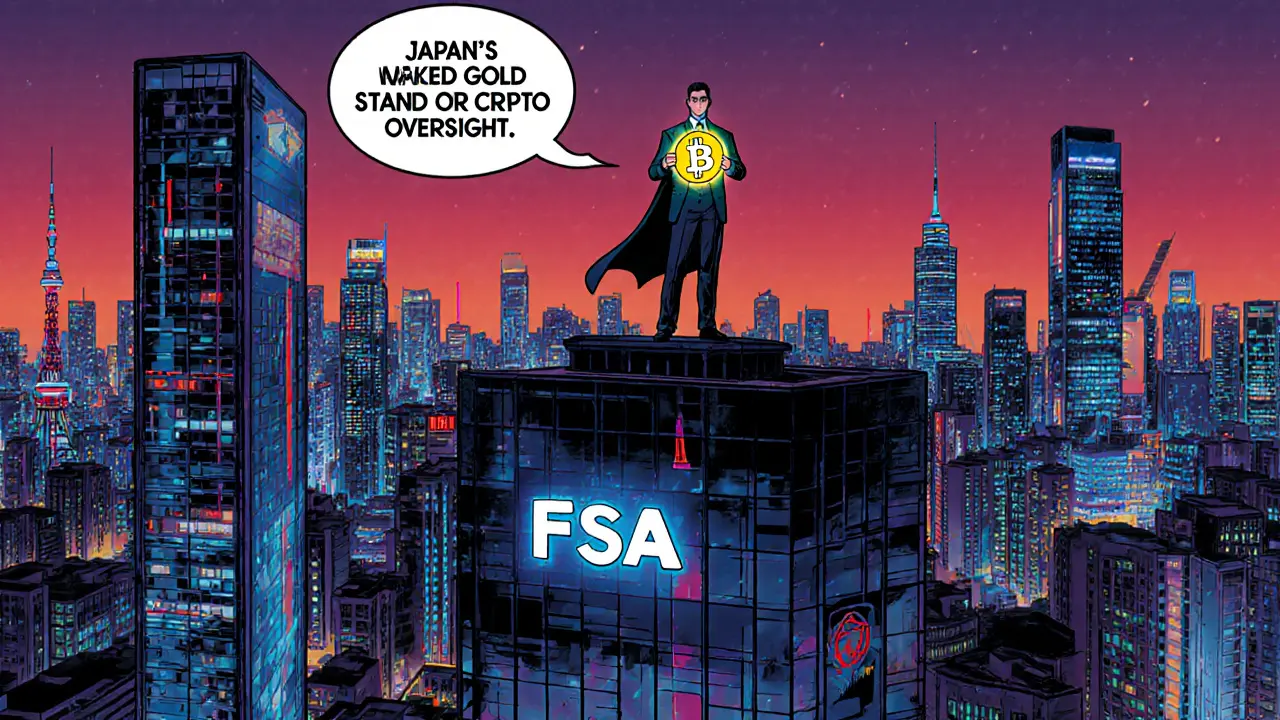Payment Services Act – Your Quick Guide to Crypto Regulation
When dealing with Payment Services Act, the Singapore law that governs payment services, digital token activities and crypto‑exchange operations. Also known as PSA, it sets the rulebook for who can offer financial services and how they must keep money safe. Anti‑Money Laundering (AML) the set of procedures that stop illicit funds from entering the system is a core pillar of the Act, while Digital Payment Tokens crypto assets used for payment or settlement fall under its regulatory net. Finally, FinTech Licensing the official permission required for tech‑driven money services is the gateway every platform must pass before it can operate legally.
The Payment Services Act encompasses licensing requirements for all payment service providers, from crypto exchanges to e‑wallet apps. A firm must apply for a licence that matches its activity – a standard licence for basic payments, a major payment institution licence for larger transaction volumes, or a digital token service licence for handling crypto assets. Once licensed, the provider must maintain capital buffers, provide consumer protection measures and submit regular reports to regulators. This framework pushes firms to adopt robust risk‑management practices, which in turn lowers the chance of sudden closures or service disruptions.
On the compliance side, AML and Know‑Your‑Customer (KYC) duties are non‑negotiable. Every platform must verify user identities, monitor transactions for suspicious patterns and file suspicious activity reports. Failure to meet these standards triggers hefty fines and, in extreme cases, revocation of the licence. Recent enforcement actions against non‑compliant exchanges illustrate how quickly regulators move: fines can reach into the millions, and the public notice alone can scare away investors. For traders, this means that a platform’s adherence to AML rules is a good indicator of its long‑term stability.
Beyond licensing and AML, the Act also defines how Digital Payment Tokens are treated. Tokens used for payment purposes are classified as “payment tokens” and must be covered by a digital token service licence. This classification impacts everything from tax reporting to cross‑border settlement rules. Companies that ignore the token classification risk being labeled as unlicensed money‑remittance services, exposing them to both civil penalties and criminal prosecution. The Act even touches on cross‑border payments, allowing crypto to be used for international transfers once the appropriate safeguards are in place.
All of these pieces – licensing, AML, token classification and cross‑border rules – create a tightly woven regulatory environment. Below you’ll find articles that break down TVL trends, exchange reviews, tax strategies and enforcement actions, each showing how the Payment Services Act shapes the crypto landscape. Dive in to see practical tips, real‑world examples and the latest compliance insights that can help you stay ahead of the curve.

Explore Japan's robust crypto regulation model, its dual PSA/FIEA framework, tax landscape, compliance costs, and future outlook for businesses and investors.
Continue Reading





